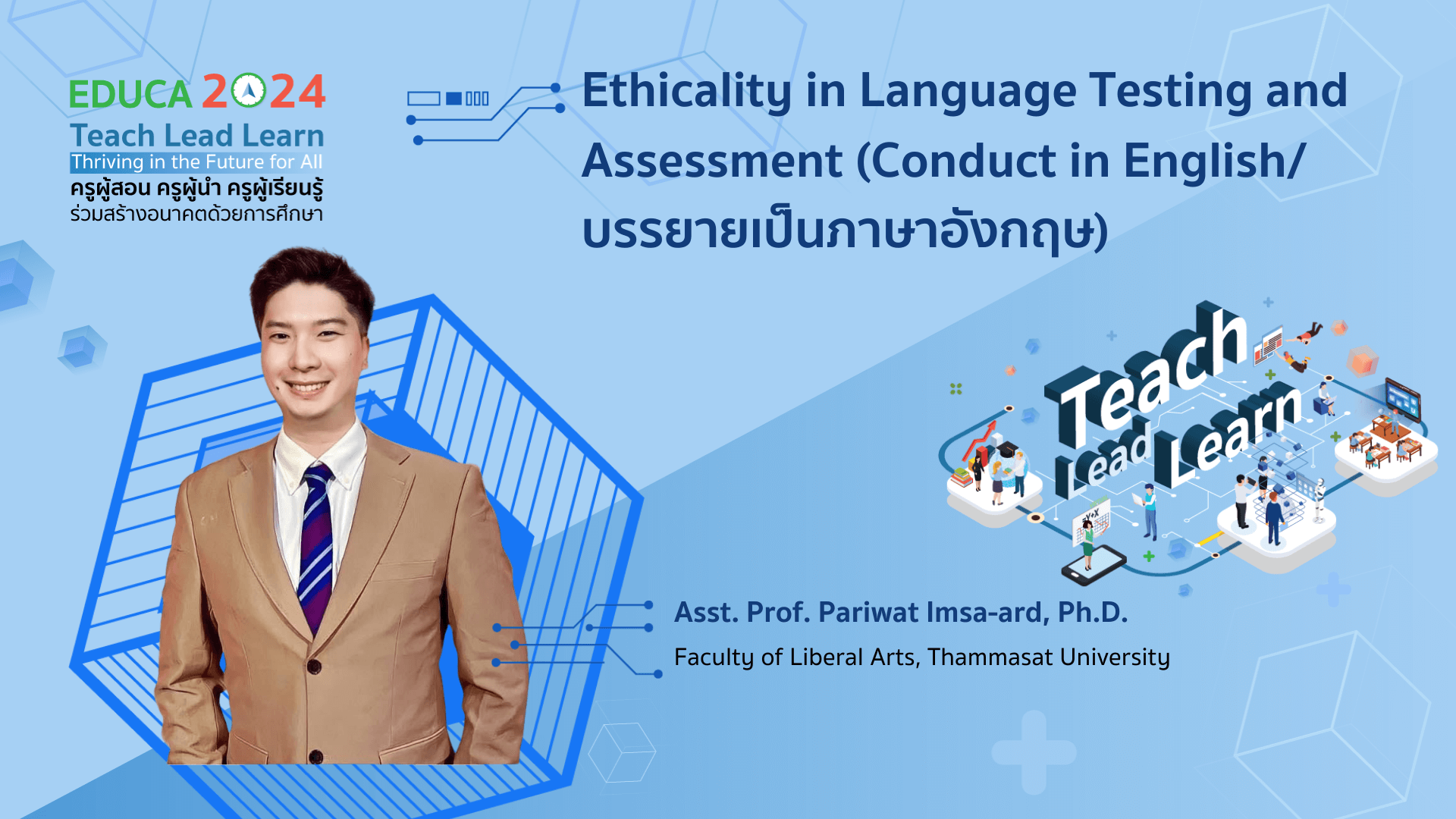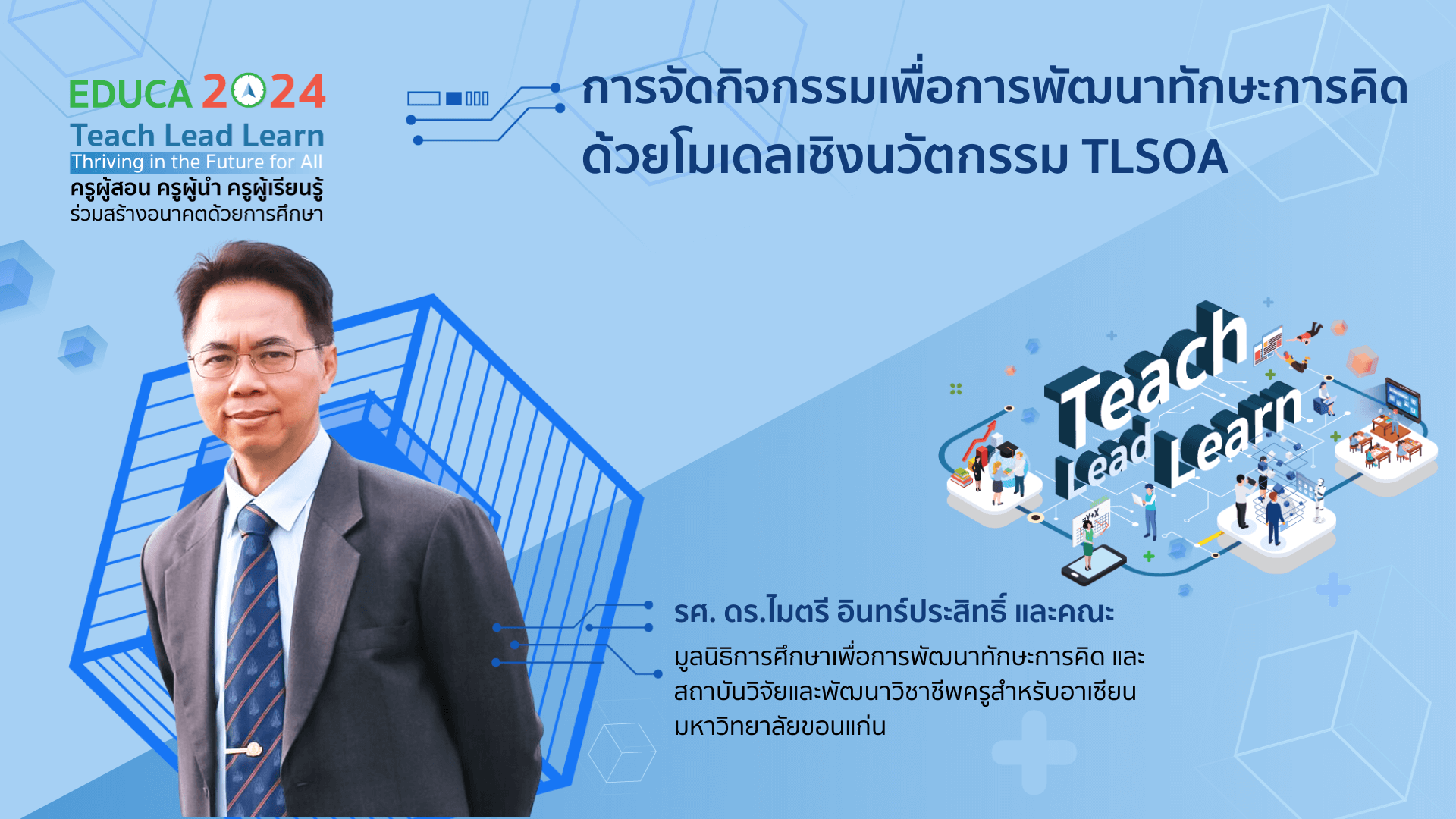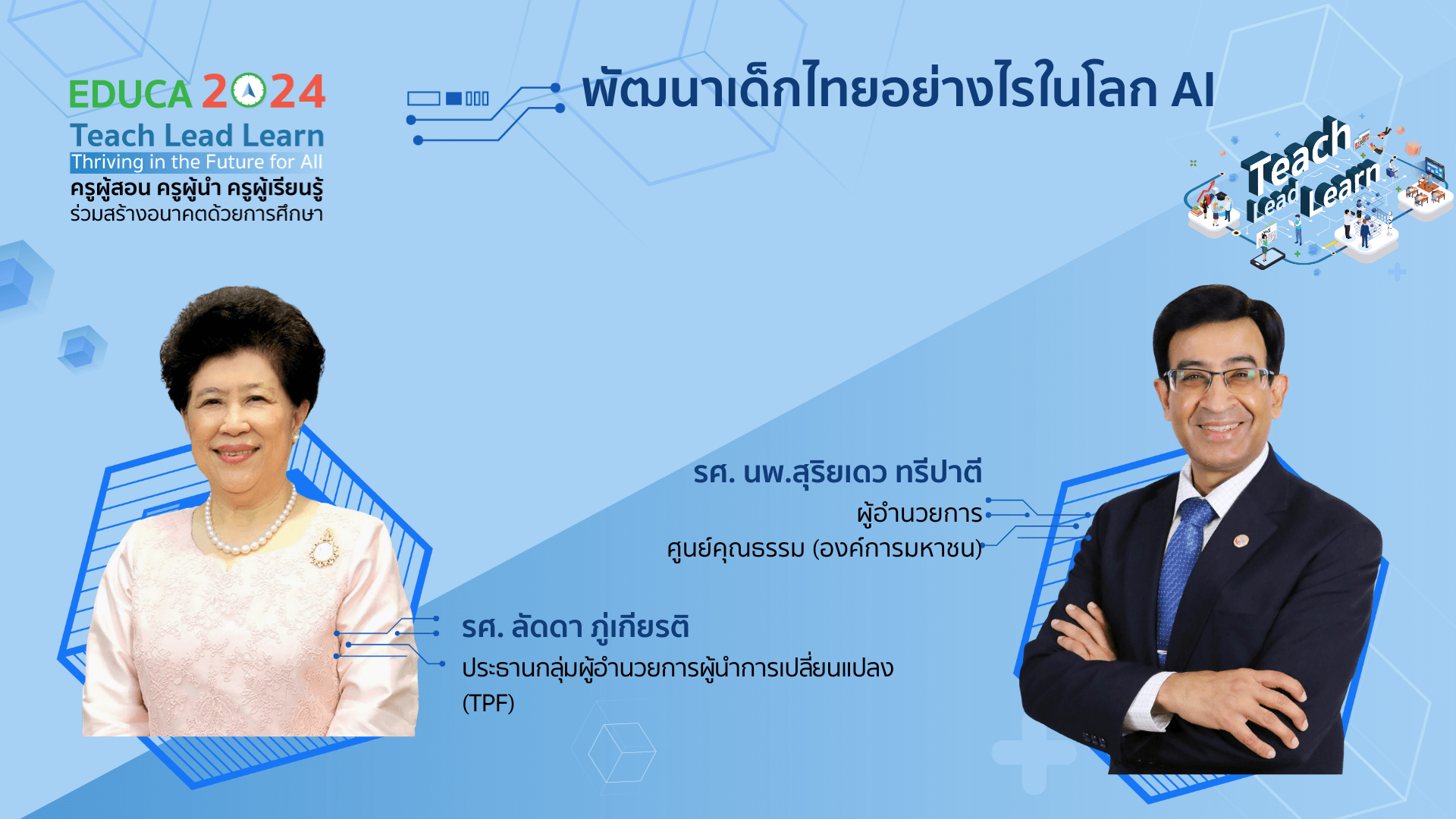The importance of testing and assessment in language education is undeniable, serving as a linchpin for gaining pedagogical insights and refining instructional practices. Across numerous English as a Foreign Language (EFL) contexts, including Thailand, Indonesia, China, or Vietnam, language assessment reforms have been high on the government agendas, emphasizing formative assessment approaches that can benefit teaching and learning. These reforms necessitate a shift from traditional assessment of learning (AoL) to assessment for learning (AfL), which aligns with Black and Wiliam’s doctrine that assessments should primarily support learning (Black & Wiliam, 2009). The adoption of student-centered and formative assessment practices has become a prevalent trend across Asian nations. Within these shifts, ethics emerges as a key aspect of language assessment, exerting influence on the design, fairness, validity, and reliability of assessment practices. This ongoing debate on ethical issues in language assessment brings attentions to professionals who consider the vital role of ethical conducts in assessment practices. However, a noteworthy concern is that teachers probably lack a clear understanding of ethical principles of assessment. This session will provide audience with some ‘ethical practices’ when implementing language assessment in classrooms, thus provide insightful contributions to the refinement of schoolteachers’ language assessment ethics, aligning with the imperative for judicious and effective language assessment practices.

สำนักงานเลขานุการการจัดงาน EDUCA
บริษัท ปิโก (ไทยแลนด์) จำกัด (มหาชน)
10 ซ.ลาซาล 56 ถ.สุขุมวิท แขวงบางนาใต้
เขตบางนา กรุงเทพฯ 10260
โทรศัพท์ 02 748 7007 ต่อ 138,147
โทรสาร 02 748 7909
อีเมล info@educathai.com
Copyright © EDUCA Thai, 2019 - 2022 All Rights Reserved.





